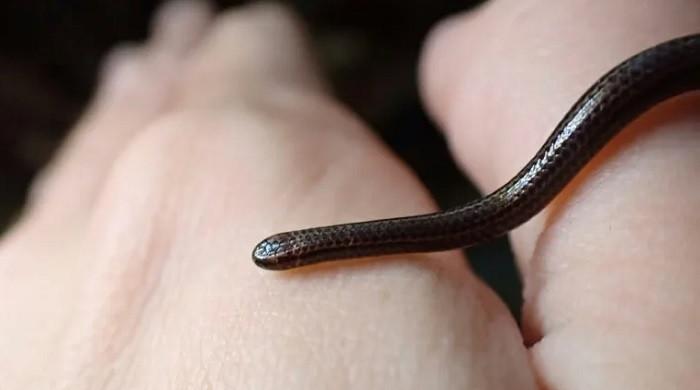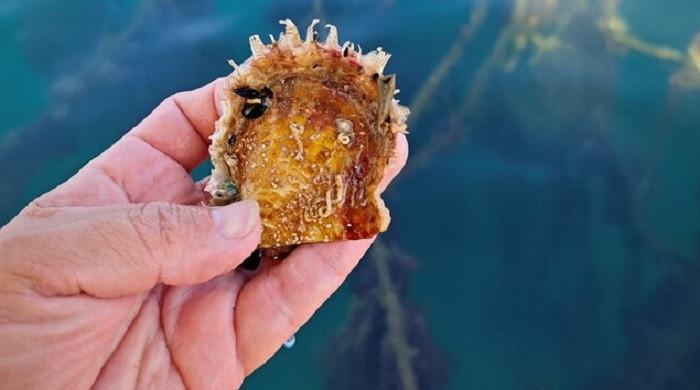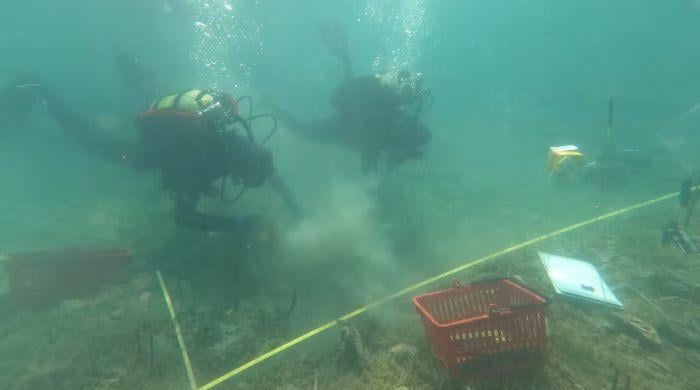Man gets flesh-eating disease after relative's bite, escapes leg amputation
"Adams' thigh almost looked like an orange peel because of swelling that was underneath it," says specialist
June 11, 2023
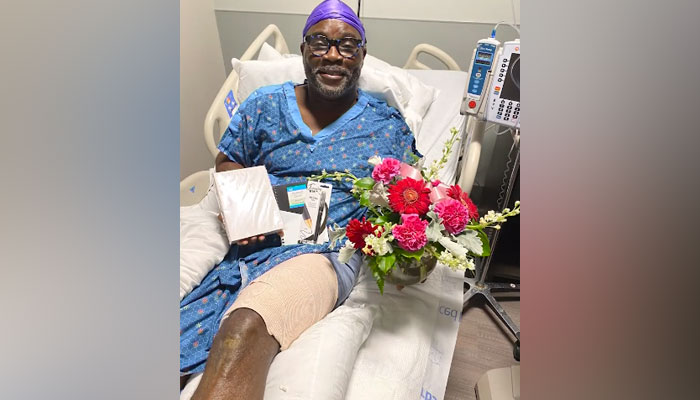
A man from Florida miraculously escaped leg amputation after highly drug-resistant flesh-eating bacteria infested a bite wound on his left thigh by a relative during a chaotic family brawl.
A funeral assistant from the Tampa suburb of Riverview visited an emergency room in mid-February for the treatment of a bump on his upper left thigh.
However, his wound worsened despite antibiotics and a tetanus shot, becoming red, swollen and painful after a few days.
Donnie Adams’ thigh "almost looked like an orange peel because of the swelling that was underneath it," Dr Fritz Brink, a wound care specialist at HCA Florida Healthcare told NBC News.
Brink said a 53-year-old told him that he sustained the bite while breaking up a family altercation.
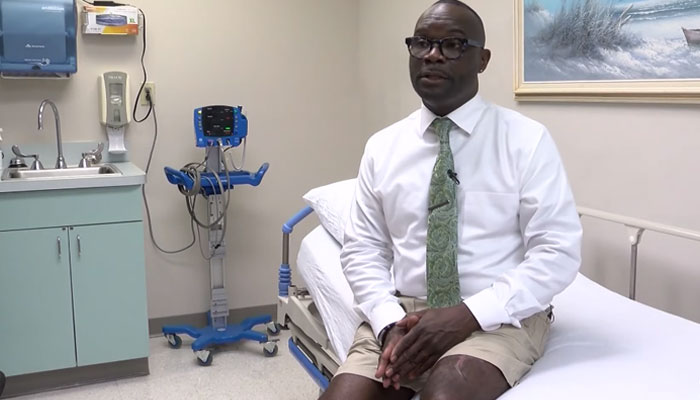
"When I saw him in the hospital, you could still see the bite marks on his thigh, which means he was right," Brink, who treated Adams said.
In St. Petersburg on February 19, Adams underwent a second surgery several days later, then was released from the hospital around the second week of March, Brink said.
According to Adams, he was unaware of something serious like this. He also declines to say which relative bit him.
"Family is everything, and sometimes things go down in families, and it does not mean I start to hate them after a fight," he said.
Adams said he was likely only a day or two from needing an amputation.
Necrotizing fasciitis or flesh-eating disease, can occur due to a number of bacteria including group A strep and other bacteria found in water, dirt or saliva. This condition seriously threatens life.
Bacteria enter through a wound and start killing tissue under the skin that surrounds the muscles, nerves, fat and blood vessels. As it spread quickly infection takes place within hours or a few days.
Brink noted that the human mouth contains different bacteria, but it’s rare for doctors to see patients with a human bite, let alone one that develops into a life-threatening infection.
He also added he usually sees a case of necrotizing fasciitis once a month or every other month.
"I do expect him to make a full recovery," Brink said after treating him. "He's still going to feel that scar tissue on his thigh for a while to come, but his skin has completely healed."
Adams said he is now walking pain-free and without a limp.




